If you don’t have chromatic instruments in your elementary music room, sure, use the diatonic models – but make plans to replace them with chromatic instruments.
I know many elementary music teachers rely on those Orff xylophones. They were a very popular purchase decades ago. They have that “musical Ikea” vibe which was I always felt made them more subliminally attractive to a more hipster teacher set.
My experience with how I taught was that if it doesn't have chromatics it's like having the top half of a clarinet and not the bottom. It's like having one drum stick and not the other. It's like having a bugle instead of a trumpet.
It’s like having an elementary music teacher but they don't play piano and guitar.
Kids love exploring the chromatic nature of the xylophone just as much as they like playing every note on the piano from the lowest to the highest over and over.
I use xylophone as a gateway instrument for piano. It’s crucial for kids to be casually exposed to the “two blacks, three blacks, two blacks, three blacks” pattern on xylophones when they are first introduced and to make the connection to the same pattern on pianos. Transitioning from the large motor skill targeted mallet work hitting notes on a xylophone makes the transition to the fine motor skill of “five-fingers-on-five-keys” with piano much easier and natural for even the youngest elementary musician.
To paraphrase Cab Calloway, “It don't mean a thing if it ain't got those black things.”
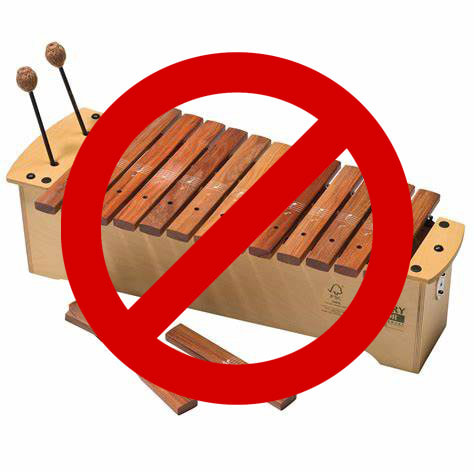
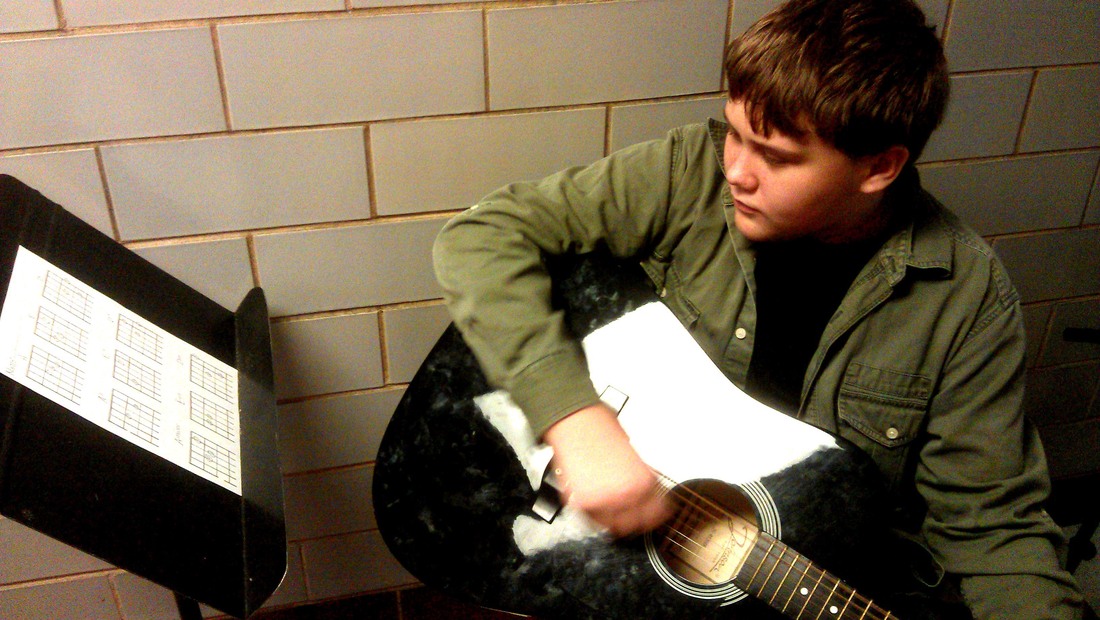
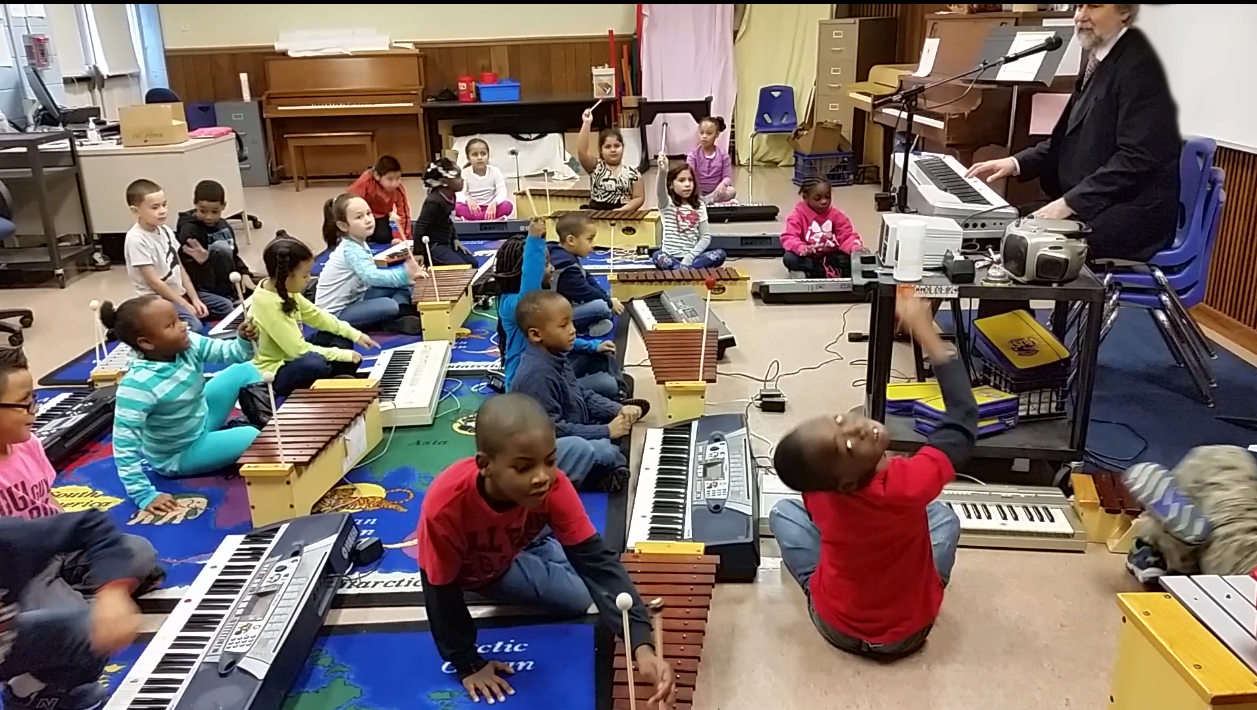
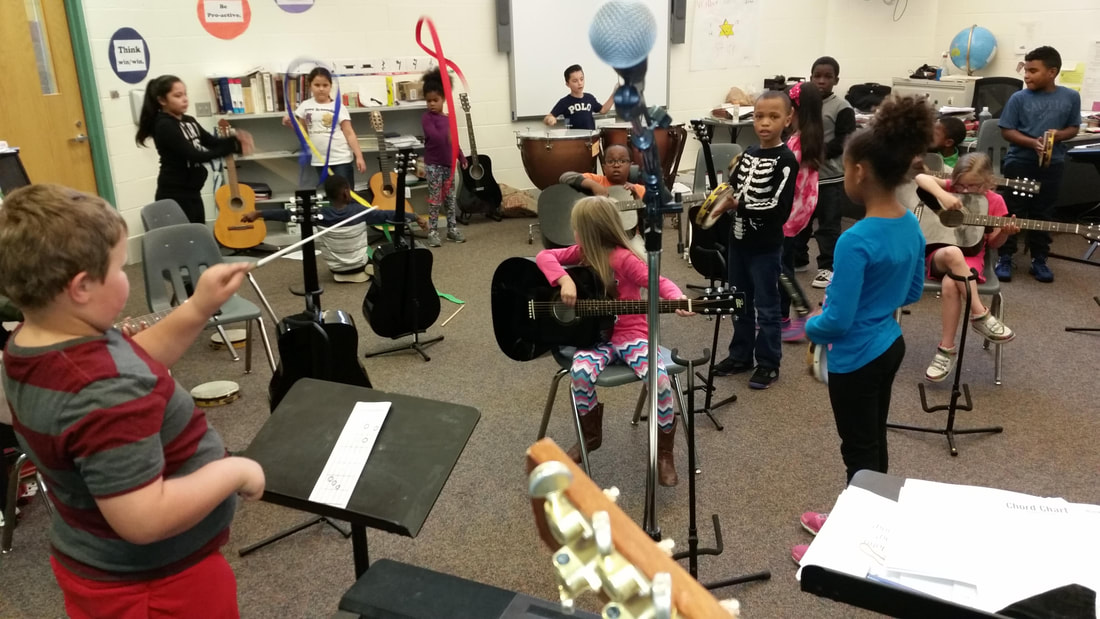
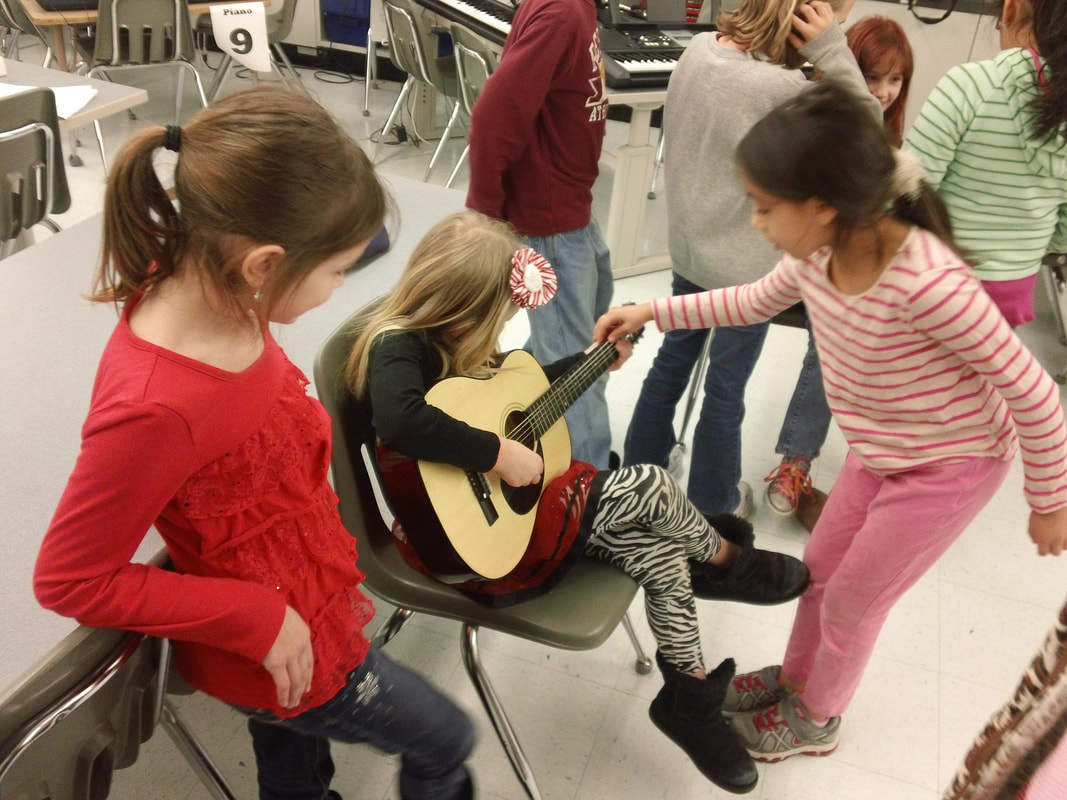
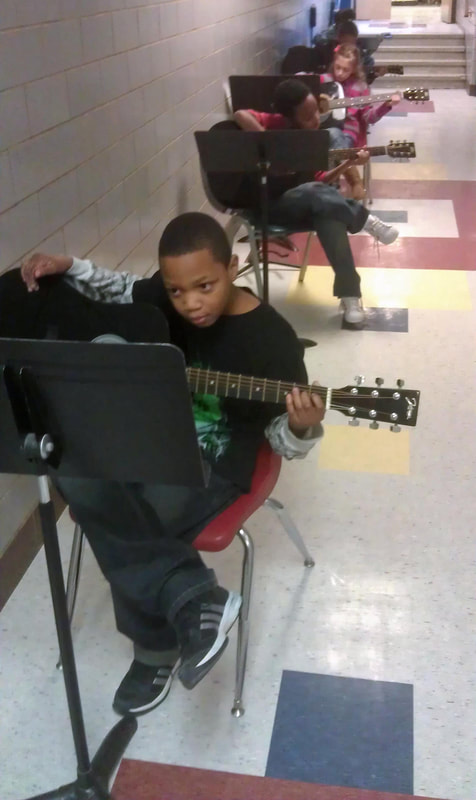
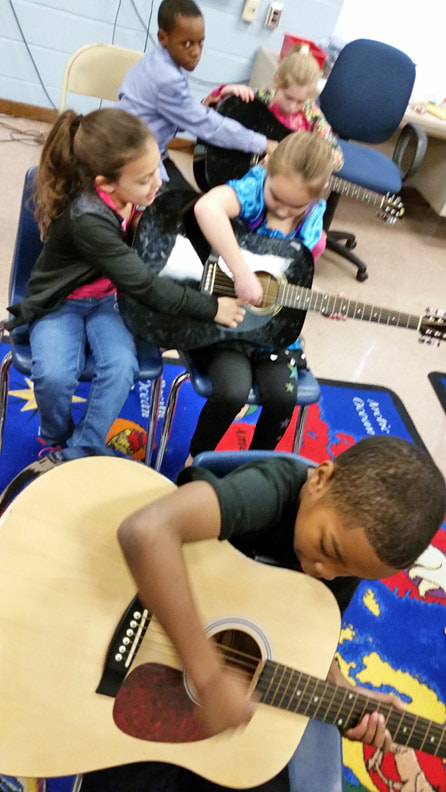

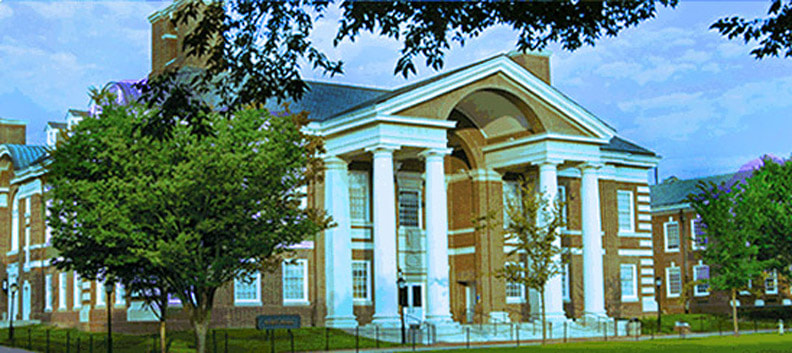

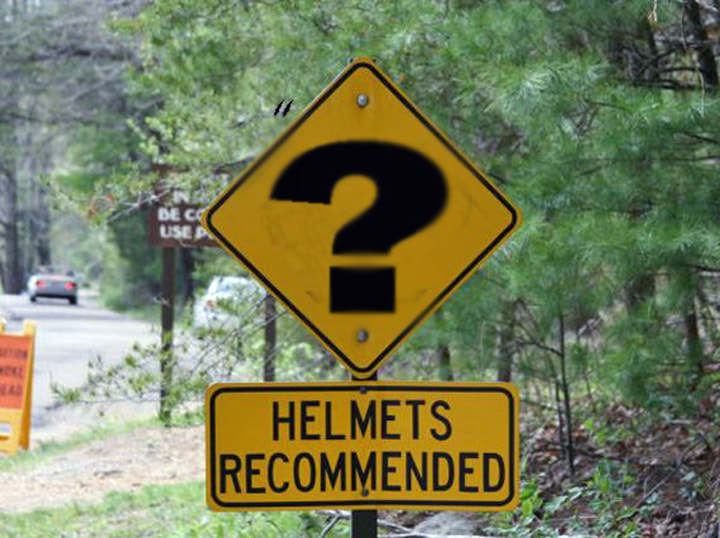
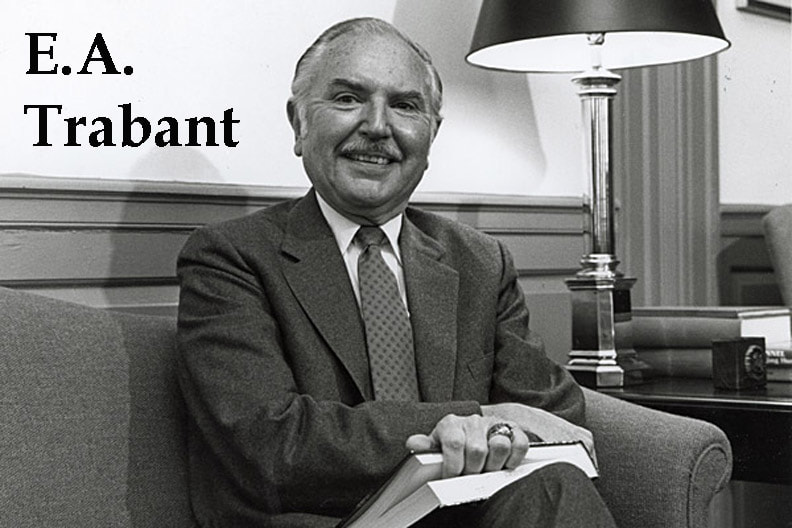
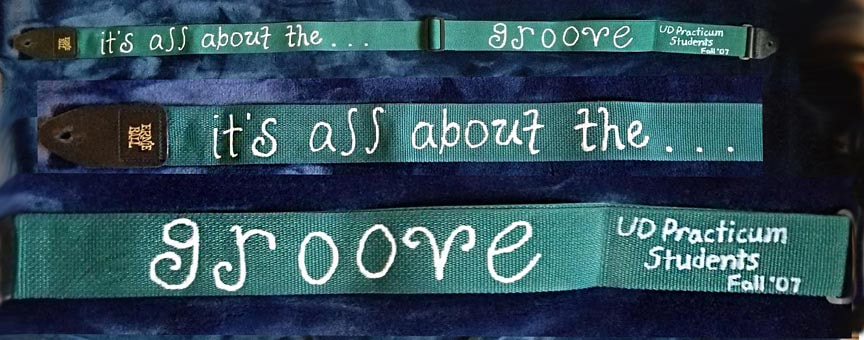
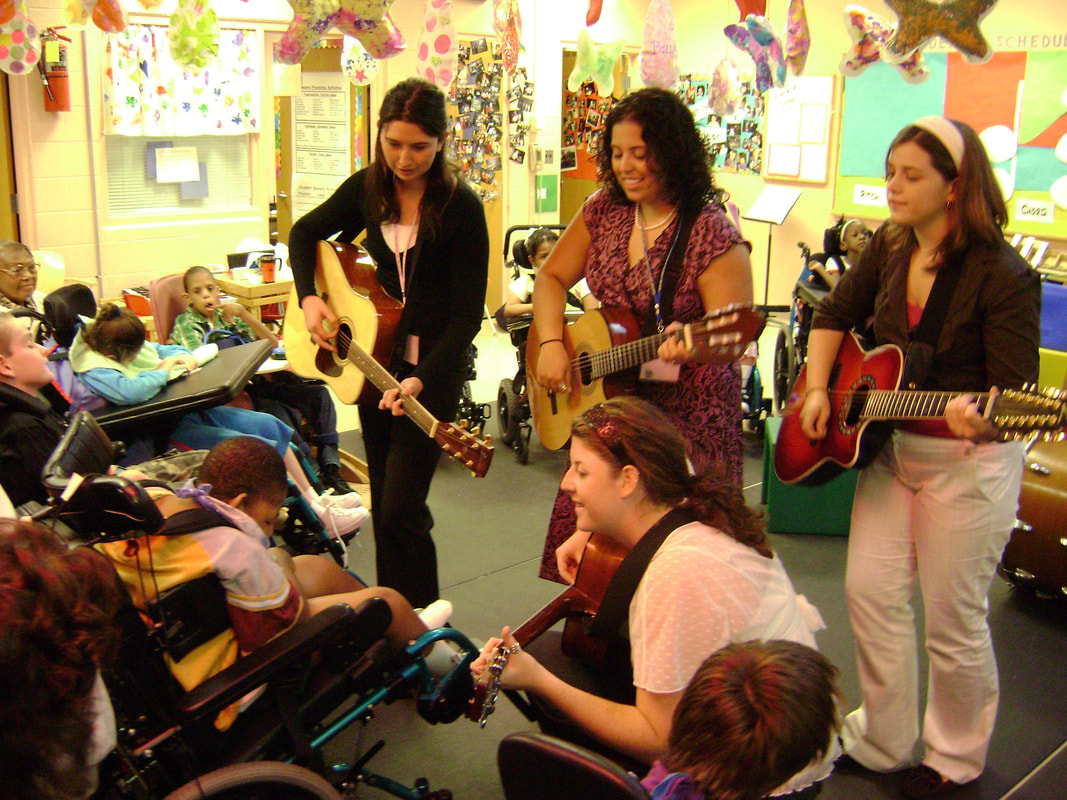
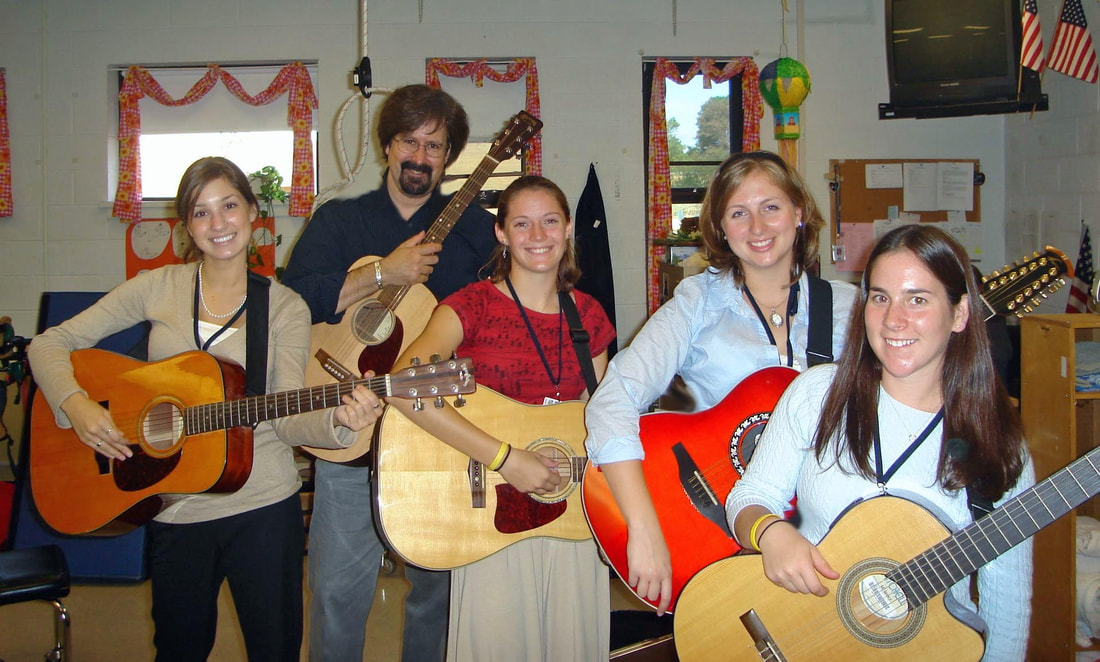


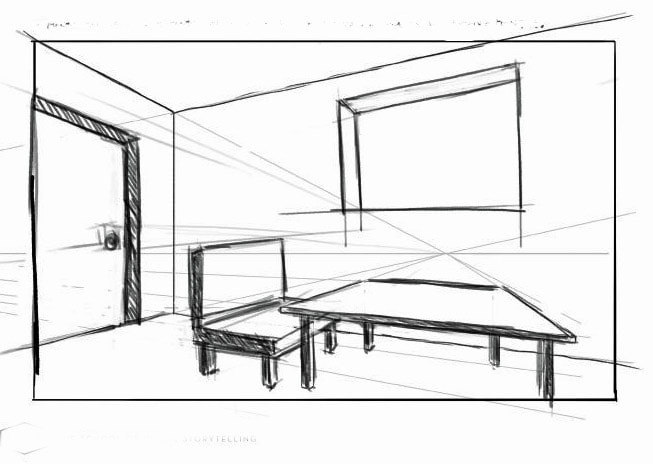
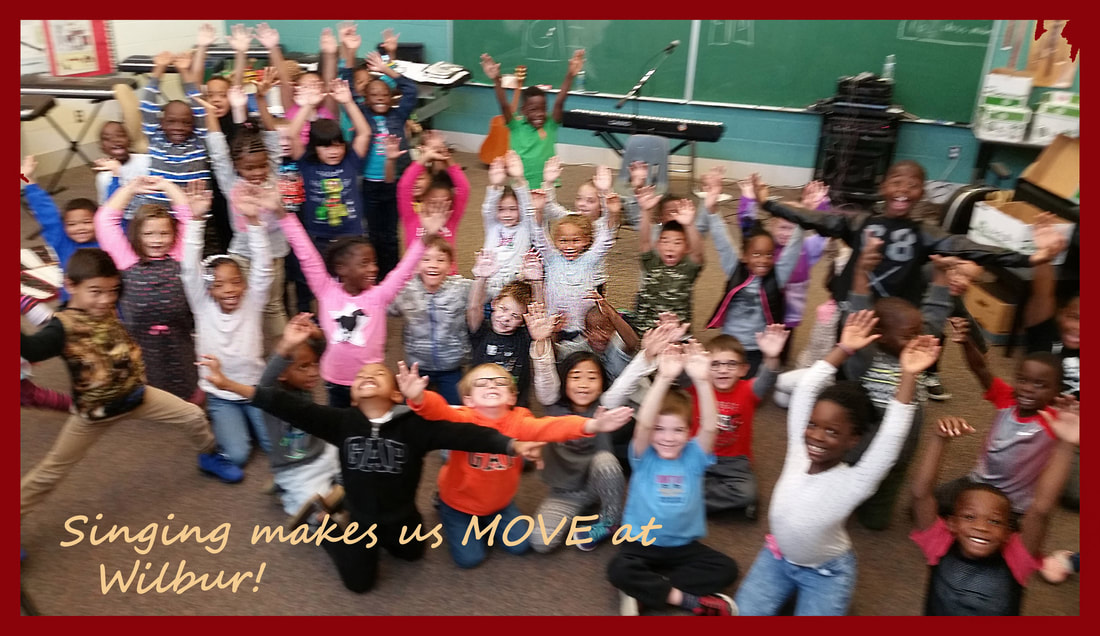
 RSS Feed
RSS Feed